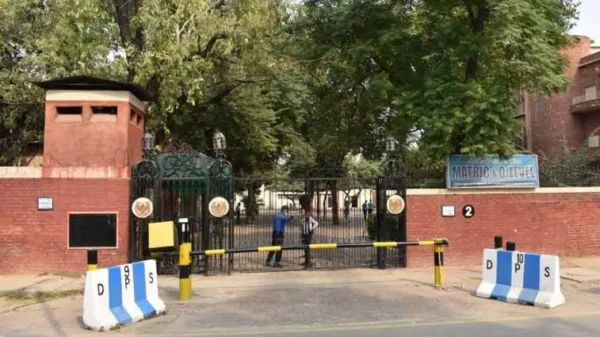ISLAMABAD: The Election Commission of Pakistan has appealed to the Supreme Court for a review of its July 12 judgment concerning reserved seats.
In response, Pakistan Tehreek-e-Insaf has also approached the apex court, challenging retrospective amendments to the Elections Act 2017 that have not yet received presidential assent. This legal action follows the approval of the Elections (2nd Amendment) Bill 2024 by both houses of parliament.
The PTI, which opposed the bill, argues that the amendments are an attack on the judiciary. In an urgent petition, PTI has requested the court to nullify the new law and prevent the ECP from reallocating reserved seats for women and non-Muslims to other parties. The petition, filed by PTI Chairman Barrister Gohar Ali Khan through his lawyer Salman Akram Raja, seeks to ensure that these seats are awarded to PTI candidates as per the Supreme Court’s July 12 ruling.
The PTI’s petition contends that the amendments cannot retroactively alter past transactions or undermine the court’s prior decisions regarding reserved seats. It argues that Section 3 of the Elections Act imposes new restrictions not found in the Constitution regarding candidate lists for reserved seats. The petition asserts that the Supreme Court’s recognition of PTI’s right to these seats should not be overridden by the new amendments.
In a separate petition, the ECP has requested the Supreme Court to reconsider its July 12 judgment, which granted relief to PTI, a party that had not formally petitioned the court or the commission. The ECP argues that the court made presumptions not supported by evidence and that the judgment unfairly benefits PTI while discriminating against other parties.
The ECP’s petition highlights that 80 candidates who contested as independents in the February 8 elections later joined the Sunni Ittehad Council (SIC) and did not submit lists for reserved seats under the relevant constitutional provisions. The ECP argues that the Supreme Court’s judgment unfairly assumes that some of these candidates did not choose their party affiliation voluntarily and that the judgment improperly favors PTI by relaxing constitutional requirements.
The ECP asserts that the July 12 ruling violates the principle of equality under Article 25 of the Constitution and challenges the legality of converting independent status to party membership without legal basis. It claims that the decision effectively resets established candidate decisions, which contradicts both law and constitutional principles.










